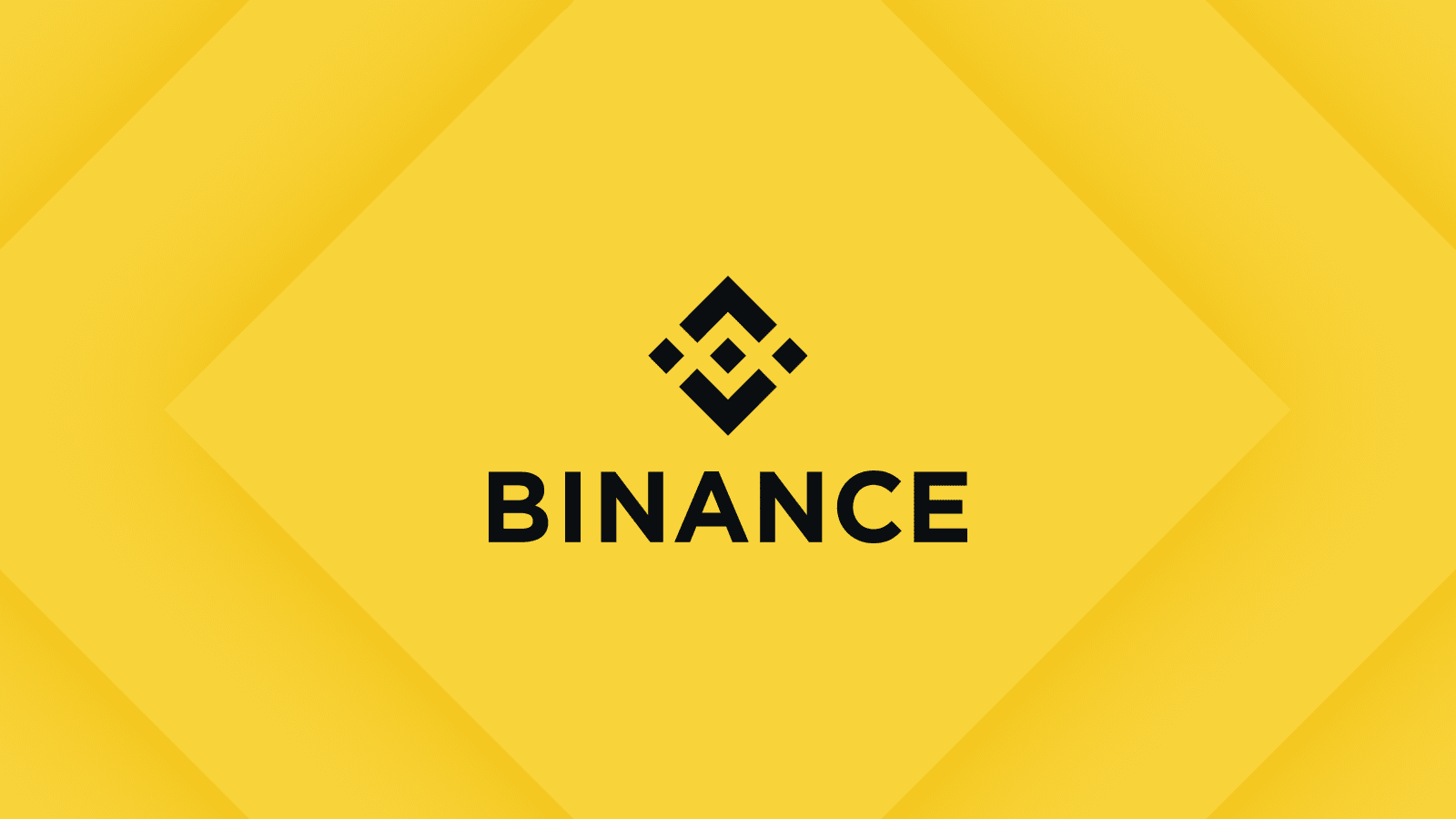In the fast-paced world of cryptocurrency and blockchain, legal battles and regulatory scrutiny have become commonplace. One such legal tussle that has garnered significant attention is the ongoing lawsuit between Binance, one of the world’s largest cryptocurrency exchanges, and the U.S. Securities and Exchange Commission (SEC). Paradigm, an entity closely associated with the cryptocurrency industry, has entered the fray by accusing the SEC of bypassing rules in this lawsuit. In this comprehensive article, we delve into the intricacies of this dispute, shedding light on the allegations made by Paradigm and their potential implications.
Understanding the Binance Lawsuit
The SEC’s Concerns
- The SEC’s primary contention centers on whether certain digital assets traded on Binance should be categorized as securities. This classification is pivotal, as it would subject Binance to a different set of regulations and registration requirements.
- The regulatory body argues that Binance has not complied with the necessary regulatory procedures and obligations, essentially operating outside the bounds of U.S. securities laws.
- This lawsuit signifies the SEC’s vigilance in ensuring that cryptocurrency exchanges operating within the United States adhere to established regulatory standards. It is part of the SEC’s broader mission to protect investors and maintain the integrity of the financial markets.
Binance’s Response
- Binance, in response to the SEC’s allegations, has vehemently denied any wrongdoing. The exchange has asserted that it has taken proactive steps to comply with U.S. regulatory requirements.
- The cryptocurrency exchange contends that the SEC’s accusations are unsubstantiated and that it has made sincere efforts to cooperate with regulatory authorities.
- Binance’s response underscores the high-stakes nature of the lawsuit, as the outcome will not only affect the exchange itself but may also set a precedent for how cryptocurrency businesses navigate regulatory challenges in the United States.
Paradigm’s Entry into the Fray
Paradigm: A Key Player
Paradigm, a prominent player in the cryptocurrency space, has entered the legal battle by accusing the SEC of bypassing rules. The entity alleges that the SEC has failed to follow established procedures and protocols in its pursuit of Binance.
Detailed Allegations
Paradigm’s accusations center around the SEC’s conduct during its investigation into Binance. They claim that the regulatory body has sidestepped due process and acted in a manner that raises questions about the fairness of the proceedings.
Implications of Paradigm’s Claims
If Paradigm’s allegations are substantiated, it could have far-reaching implications not only for the Binance lawsuit but also for the broader cryptocurrency industry. A breach of due process by a regulatory authority could erode trust in the regulatory framework and impact how cryptocurrency businesses operate in the United States.
The Importance of Regulatory Clarity
The Need for Clarity
- The cryptocurrency industry has long grappled with the absence of clear and consistent regulatory guidelines. The lack of regulatory clarity has given rise to uncertainty, legal disputes, and regulatory challenges.
- Businesses operating in the cryptocurrency space require regulatory clarity to navigate the complex regulatory landscape. Without clear guidelines, they face the risk of inadvertently running afoul of the law.
Paradigm’s Advocacy
- Paradigm’s involvement in this case highlights the urgent need for regulatory clarity. By accusing the SEC of bypassing rules, Paradigm is advocating for a fair and transparent regulatory environment that benefits all stakeholders, from cryptocurrency exchanges to investors.
- The outcome of this lawsuit may serve as a catalyst for regulators to provide clearer guidance on the treatment of digital assets and the operation of cryptocurrency exchanges in the United States. Such clarity is essential for fostering innovation and trust within the industry.
Potential Outcomes
Legal Proceedings
As the legal battle between Binance and the SEC unfolds, it remains to be seen how Paradigm’s accusations will impact the proceedings. The courts will play a pivotal role in determining the veracity of these claims.
Industry-wide Ramifications
Should Paradigm’s allegations hold weight, it could set a precedent for how regulatory bodies conduct investigations in the cryptocurrency space. This could lead to greater accountability and transparency in the industry.
Conclusion
The lawsuit between Binance and the SEC, now with Paradigm’s accusations in the mix, is a complex legal battle that has the attention of the entire cryptocurrency industry. The allegations of rule-bypassing by the SEC add another layer of intrigue to this already high-stakes confrontation. As the legal proceedings continue, the outcome will not only affect Binance and the SEC but also have broader implications for the cryptocurrency landscape in the United States. Clarity in regulation and adherence to due process are crucial elements for the industry’s growth and legitimacy, and this case could be a defining moment in that regard.
In conclusion, Paradigm’s accusations have injected additional complexity into an already contentious legal battle. The cryptocurrency community, as well as regulatory bodies, will closely monitor the developments in this case as it has the potential to shape the future of cryptocurrency regulation in the United States.
FAQs:
What are the SEC allegations against Binance?
The SEC alleges that Binance has offered trading services for digital assets classified as securities under U.S. law without registering as a securities exchange, violating regulatory requirements.
What is the Binance case with the SEC?
The Binance case with the SEC pertains to the SEC’s lawsuit against Binance for allegedly conducting unregistered securities transactions within the United States.
Are the SEC lawsuits against Coinbase and Binance?
No, the SEC has separate lawsuits against Coinbase and Binance. The lawsuits are distinct and involve different allegations and circumstances.
Why did the SEC sue Binance?
The SEC sued Binance over concerns that the exchange was operating without registering as a securities exchange and not complying with U.S. securities laws.
What happens if the SEC wins against Binance?
If the SEC wins against Binance, it could lead to regulatory penalties, fines, or enforcement actions against Binance. The outcome would likely set a legal precedent for how cryptocurrency exchanges operate within the United States and could impact the broader cryptocurrency industry.


